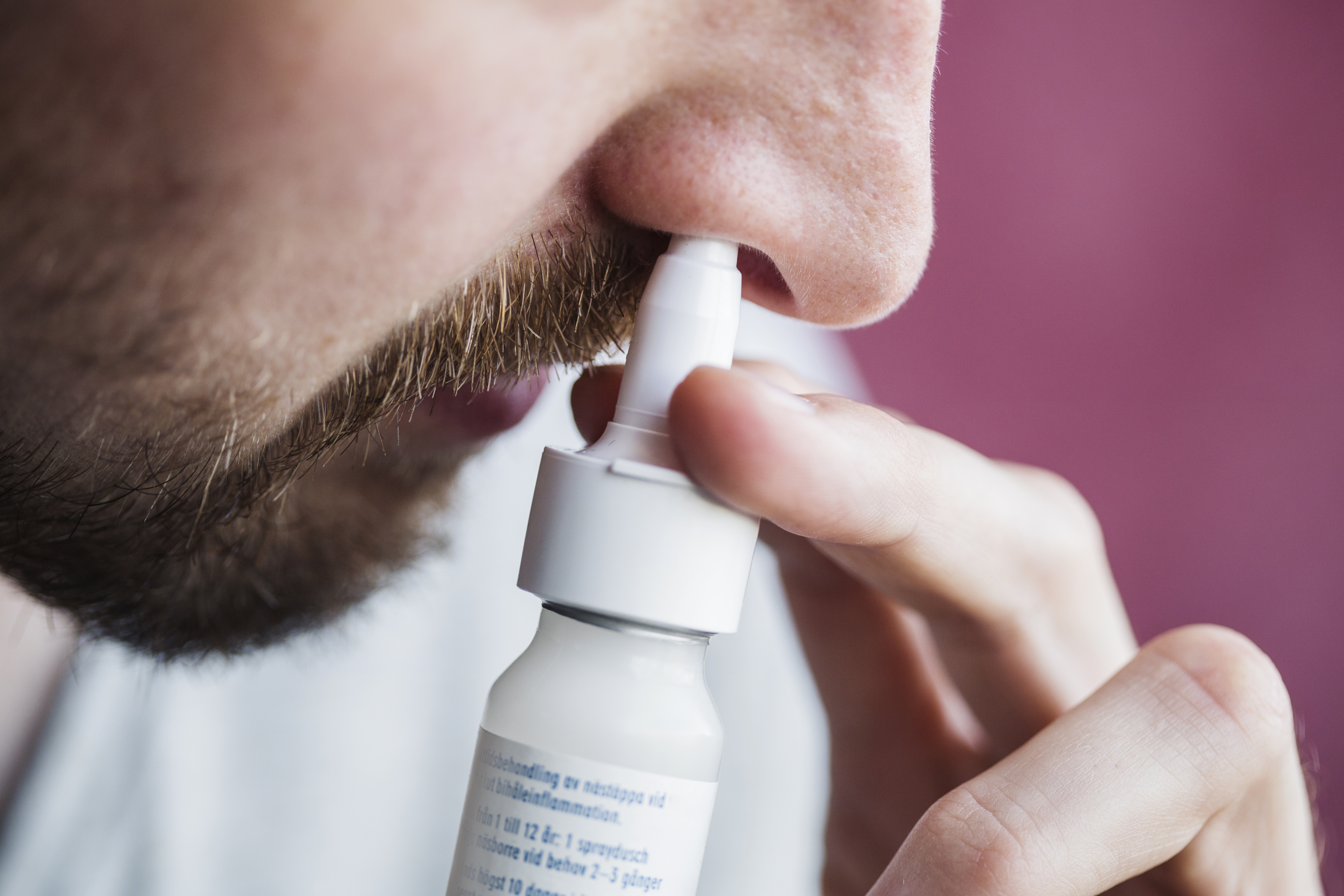10 Signs Your Nosebleeds Might Be Telling You Something Important
9. Preventive Measures and Self-Care

Prevention is key to managing nosebleeds effectively. This section provides practical tips and strategies for reducing the occurrence of nosebleeds, such as maintaining humidity levels, using saline sprays, and adopting gentle nasal hygiene practices. Additionally, it emphasizes the importance of regular medical check-ups to monitor underlying health conditions. By empowering individuals with knowledge and self-care techniques, this section aims to reduce the frequency and impact of nosebleeds, promoting a proactive approach to health and well-being.
10. The Impact of Hormonal Changes on Nosebleeds

Hormonal fluctuations can play a surprising role in the frequency of nosebleeds, particularly in individuals experiencing pregnancy, menopause, or hormonal imbalances. During pregnancy, increased blood volume and hormonal shifts can cause nasal blood vessels to become more sensitive, leading to more frequent nosebleeds. Similarly, hormonal changes during menopause can dry out nasal tissues, making them more prone to bleeding. Even thyroid imbalances and certain hormonal medications can affect blood circulation and vessel integrity. Understanding the role of hormones in nasal health provides another valuable piece of the puzzle in deciphering the hidden meanings behind nosebleeds.
